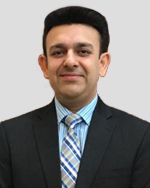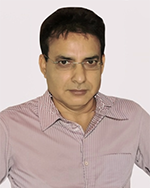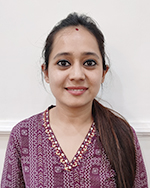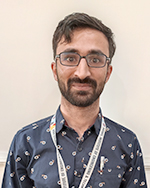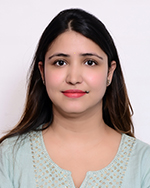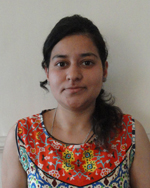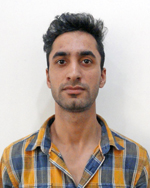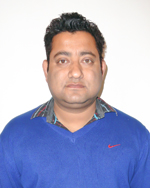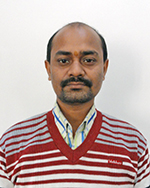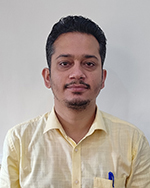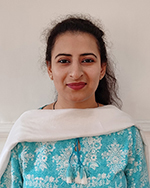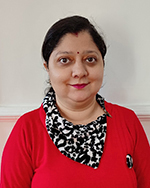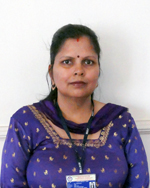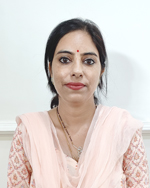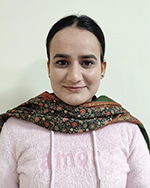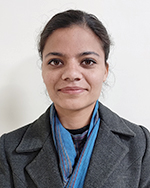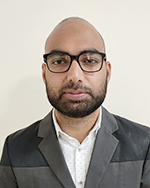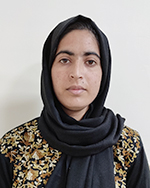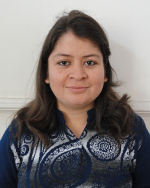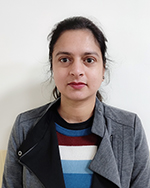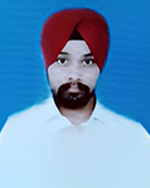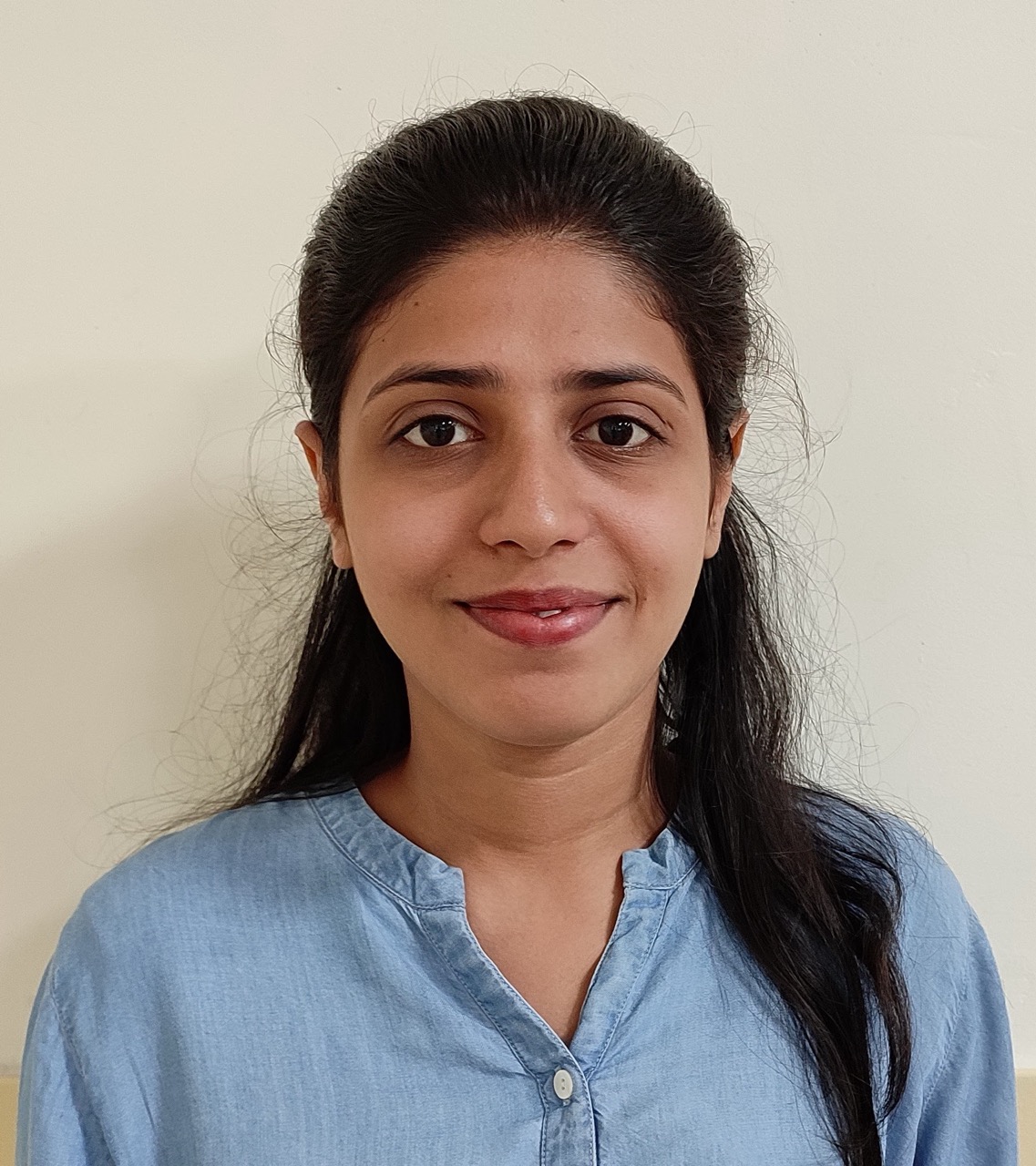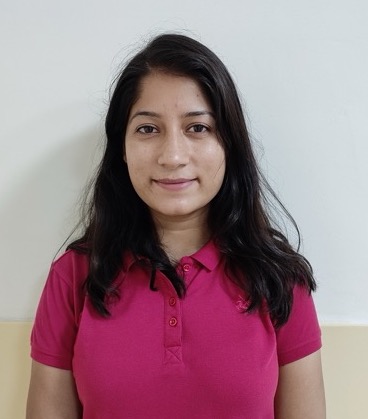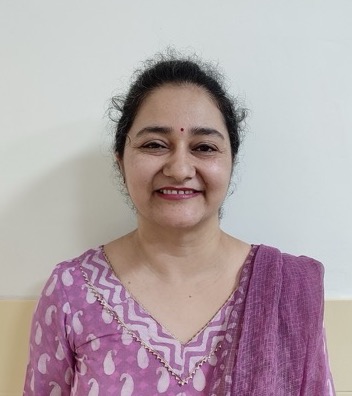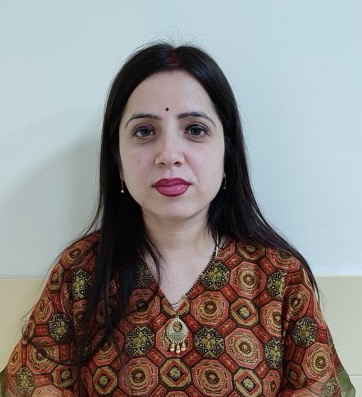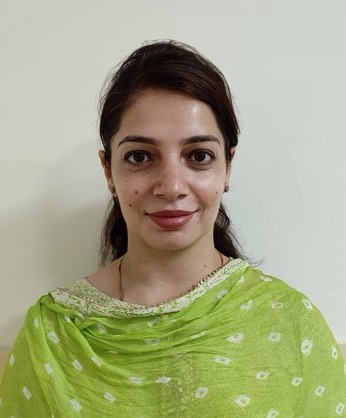The Dept. of Computer Science and Engineering at MIET is the first and NBA accredited CSE department in the State of J&K, which speaks volumes of the high-quality instruction and training imparted to its students. Manned by highly qualified, committed and dynamic faculty and staff, the department has emerged as the leading departments in the region in terms of placements, university results, alumni, industrial linkages, quality of project work, research and development, extra/co-curricular activities and novel academic initiatives.
Vision
To become a world-class department of computer science with demonstrated excellence in teaching, research and innovation.
Mission
1. To impart high-quality instruction in computer science, equipping students with fundamental knowledge and skills to address real-world challenges in emerging domains
2. To integrate academics, research, innovation and entrepreneurship to create significant value for all stakeholders
3. To develop meaningful linkages with world-class organizations to constantly enhance capacity and capability
Program Educational Objectives (PEOs)
Graduates from the Computer Science program at MIET are expected to attain or achieve the following Program Educational Objectives (PEOs) within a few years of graduation:
PEO1: Successfully apply fundamental knowledge of computer science in an innovative manner to solve complex problems.
PEO2: Build successful careers in diverse domains.
PEO3: Demonstrate professional growth and development in their chosen field and/or progress towards an advanced degree.
PEO4: Build reputation for excellence, leadership and ethics.
Program Objectives (POs)
1. Engineering Knowledge: Apply the knowledge of mathematics, science, engineering
fundamentals, and an engineering specialization to the solution of complex engineering problems.
2. Problem Analysis: Identify, formulate, review research literature, and analyze complex
engineering problems reaching substantiated conclusions using first principles of mathematics,
natural sciences, and engineering sciences.
3. Design/development of solutions: Design solutions for complex engineering problems and
design system components or processes that meet the specified needs with appropriate
consideration for the public health and safety, and the cultural, societal, and environmental
considerations.
4. Conduct investigations of complex problems: Use research-based knowledge and research
methods including design of experiments, analysis and interpretation of data, and synthesis of the
information to provide valid conclusions.
5. Modern tool usage: Create, select, and apply appropriate techniques, resources, and modern
engineering and IT tools including prediction and modeling to complex engineering activities with an
understanding of the limitations.
6. The engineer and society: Apply reasoning informed by the contextual knowledge to assess
societal, health, safety, legal and cultural issues and the consequent responsibilities relevant to the
professional engineering practice.
7. Environment and sustainability: Understand the impact of the professional engineering solutions
in societal and environmental contexts, and demonstrate the knowledge of, and need for
sustainable development.
8. Ethics: Apply ethical principles and commit to professional ethics and responsibilities and norms of
the engineering practice.
9. Individual and team work: Function effectively as an individual, and as a member or leader in
diverse teams, and in multidisciplinary settings.
10. Communication: Communicate effectively on complex engineering activities with the engineering
11. Project management and finance: Demonstrate knowledge and understanding of the engineering and management principles and apply these to one’s own work, as a member and leader in a team, to manage projects and in multidisciplinary environments.
12. Life-long learning: Recognize the need for, and have the preparation and ability to engage in independent and life-long learning in the broadest context of technological change.
Programme Specific Outcomes (PSOs)
1. Demonstrate fundamental knowledge in programming, data structures, databases, networks, operating systems, software engineering, discrete mathematics and possess knowledge of cloud computing, big data, artificial intelligence and other domains in vogue.
2. Demonstrate competence in designing, implementing and testing a computer or software system, solving a real-world problem, by utilizing advanced technologies, platforms and tools.
Specializations
MIET offers Computer Science and Engineering Hons. / Minor degree with specializations in the following
- AI & Machine Learning
- Internet of Things
- Data Science
- Cloud Computing
- Cyber Security
In association with ![]()
Scope of Employment
- Software Developers in high-end services or product development IT companies.
- As Quality Assurance Engineers undertaking quality evaluation of software and products.
- As consultants and solution providers.
- As specialists and data-analysts
- As system administrators/network engineers/IT-Support professionals
- Entrepreneurs
Labs
MIET has excellent infrastructure including domain-specific laboratories. Industry Leaders such as IBM (IBM Software Center of Excellence), EMC (EMC Center of Excellence) and Cisco (Cisco Networking Academy) have established their labs within the CSE department equipped with the latest hardware and software. MIET CSE students complete on an average 2-3 industry-relevant certifications as value-added programmes giving them a distinct edge over other students when it comes to placements.





















